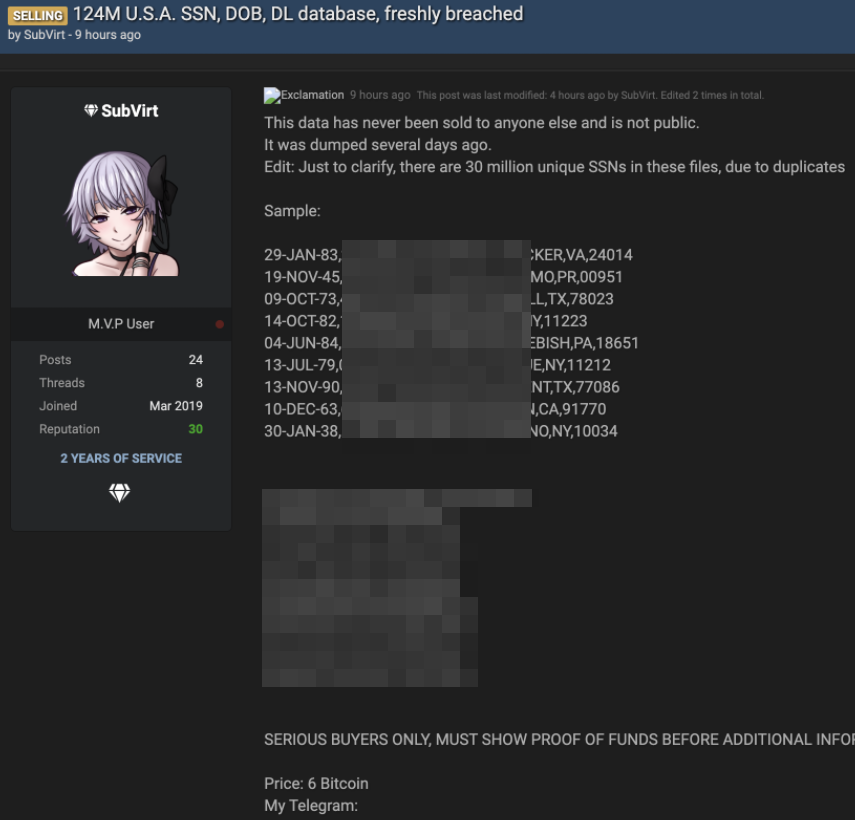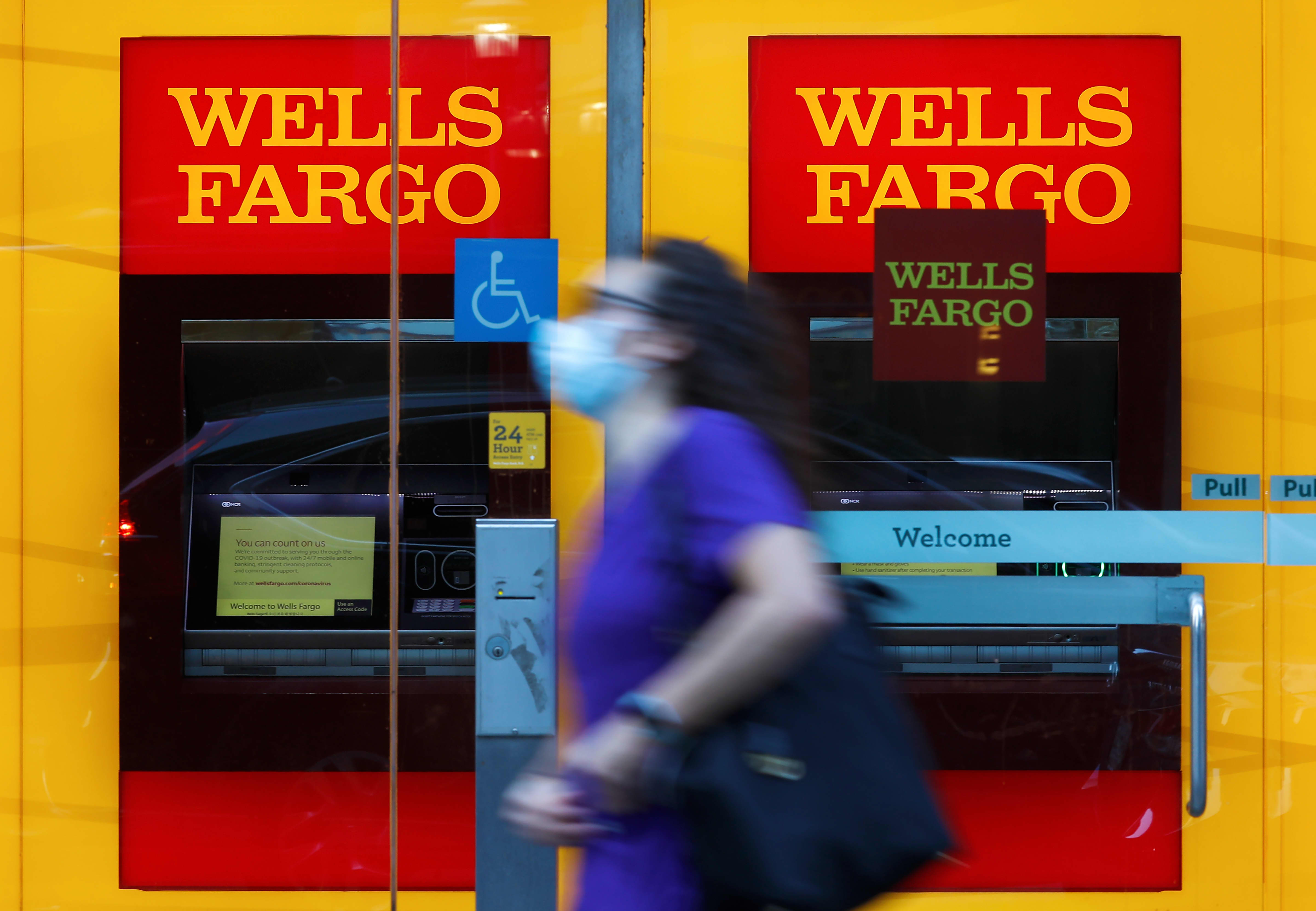Hackers are stealing tickets from Ticketmaster customers' accounts. For many, the platform is their only option.
In September, Vashti-Jasmine McKenzie noticed an event had mysteriously vanished from her Google Calendar. It was a reminder for an Usher concert in Dallas on October 5, synced with her Ticketmaster account.
McKenzie opened her email to a shock: The night before, a stranger had broken into her account, accessed McKenzie's two tickets, which she had paid $550 for, and transferred them out of her account.
"If this happened in real life, if somebody stuck me up, it would be like they were robbing me," said McKenzie, a 42-year-old conference manager.
McKenzie, a music fan who said she spent an estimated $10,000 on shows in 2024, ultimately got her tickets back and went to the show but remains critical of Ticketmaster.
McKenzie isn't the only concertgoer who's suddenly been left ticketless. Similar incidents have been reported in Los Angeles, Nashville, and Charlotte, North Carolina. The playbook is typically the same: Ticketmaster customers purchase tickets to see their favorite artists, only to later receive an email saying their tickets were transferred out of their online wallets by an unknown hacker — and quickly claimed.
These kinds of scams are just the latest in a series of headaches for the ticketing giant. Following a data breach earlier this year and pointed criticisms from major stars like Taylor Swift, the Justice Department (DOJ) announced in May that it filed an antitrust lawsuit against Live Nation, Ticketmaster's parent company, alleging that the company's "conduct is anti-competitive and illegal." Live Nation, worth about $28 billion as of November 8, has a tight grip on the live-entertainment industry. The DOJ said in its complaint that "through Ticketmaster, Live Nation controls roughly 80% or more of major concert venues' primary ticketing for concerts and a growing share of ticket resales in the secondary market."
















